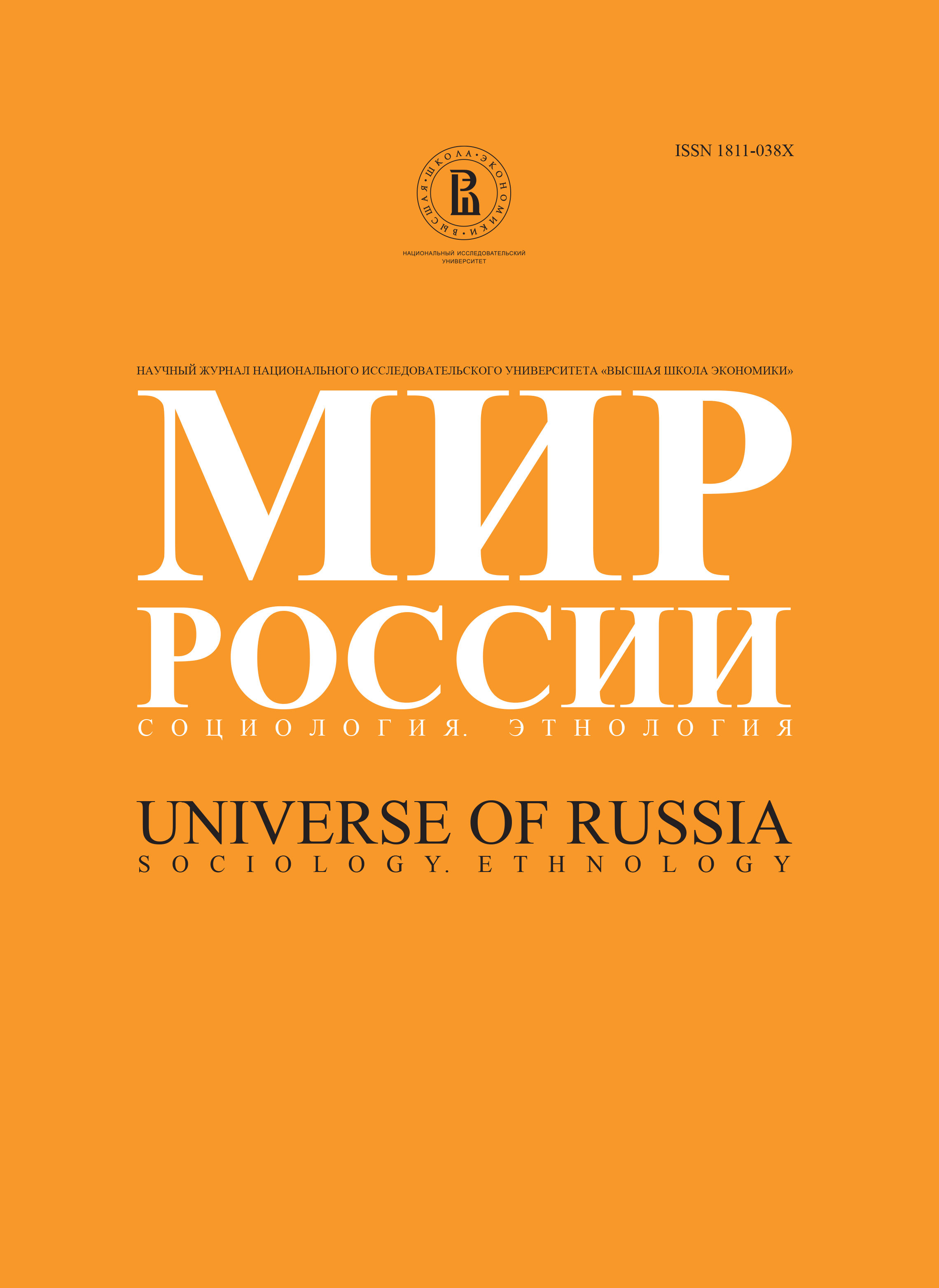Rural Enterprises And Trade Unions In Russian Karelia
Abstract
The article analyses the role of trade union in two agricultural companies in Russian Karelia. The first part depicts the main features of social transformation of rural areas in Russia and in Karelia. The rural reform, which was aimed at advancement of private family farming through the dissolution of collective farms, came almost to a halt in mid 1990s, as a consequence of general deterioration of economy in Russia and move to more monetarist economic policies. The privatization policy, favoring “insiders”, has led to the situation, where previous sovkhozes and kolkhozes have succeeded to maintain their position, now as privatized closed joint-stock companies. Another part of rural economy is represented by household plots, which operate in a symbiotic relationship with large agricultural companies. Inside this system rural households have achieved more liberties and also a more important role than earlier. In Karelia the development of agriculture has been largely negative ever since early 1990’s and as a result most agricultural companies are deeply indebted. This fact has barred investments in technological modernization and the companies have survived only through indirect support from the government of the republic, for example providing inputs with subsided prices. The sector in Karelia is currently dominated by 125 joint stock companies, which have generally followed a strategy of multifunctional activity. This strategy can be seen as a response to constant economic uncertainty where different branches act as a safety fund. The second part of the article describes the general features of the development of social activity in rural areas. In the same way as in other post-socialist countries the collapse of socialism and decay of former forms of social activity, the socio-economic and political turmoil which shook the Russia during early 1990’s nibbled away the previously existing moral order. It also weakened the prerequisites of development of civil society, which was supposed to promote the creation of necessary institutional basis for market economy. The period of early 1990’s did away much of the remnants of soviet civil society – clubs, voluntary organizations, etc. and contributed to fragmentation and overall “individualisation” of social life. However, contrary to overall pattern in post-socialist world, the labour collective as basic unit of work organization and together with it the trade unions have not lost their role. They are both embodiments and means of patrimonial social relations in working life. The strategy of social partnership, which the unions have adopted can be seen also in the views of management and employees of rural enterprises. For both partners, management and employees, the survival of the company is the main goal, which requires mutual cooperation, because “why it is necessary to break the enterprise? If there is no enterprise, there is no trade union either.” The union serves the functions as a kind of welfare and personnel services department, which takes care of the delivery of benefits and solves occurring grievances. In both firms the collective agreement includes a list of services that the company provides for their workers for household farming, such as machine services, fertilizers and prices for goods among others. Even if the collective agreement includes the rights and duties of workers and employer; the practical possibilities to fulfill these are small purely due to weak organizational power of the union and due to its economic dependency from enterprise. The patrimonial attitude of the company management is justified in conviction that: “if we do not give a support to our people, nobody will do it either. We live as one big family.” The method of privatization made employees as owners – at least formally – and a party in company decision making. In companies whose economic situation is weak, this situation nurtures inverse double dependency: the management is forced to avow non-monetary benefits in order to prevent the exodus of most talented and young workers. And the workers are dependent on their plots for survival and also on company for services it provides for plot-farming. The result is that, the collective farm itself has not disappeared, but its function has changed, its economic function has turned increasingly to a “service centre for the independent agriculture of its members” [Burawoy 2001, 116]. This implies the fact that the transition has not resulted in modern, democratic market economy, where livelihood is mainly based on wage labour. Instead the result thus far has been a partial return to pre-modern forms of relations between the employees and employers. In some respects the organization of labour relations has reproduced the forms that existed during the socialism. In a situation where the only interest for workers to join trade union is the benefits which they can get through it and where the interest, that both employees and directors share is the survival of the enterprise, fosters social partnership between the parties.






